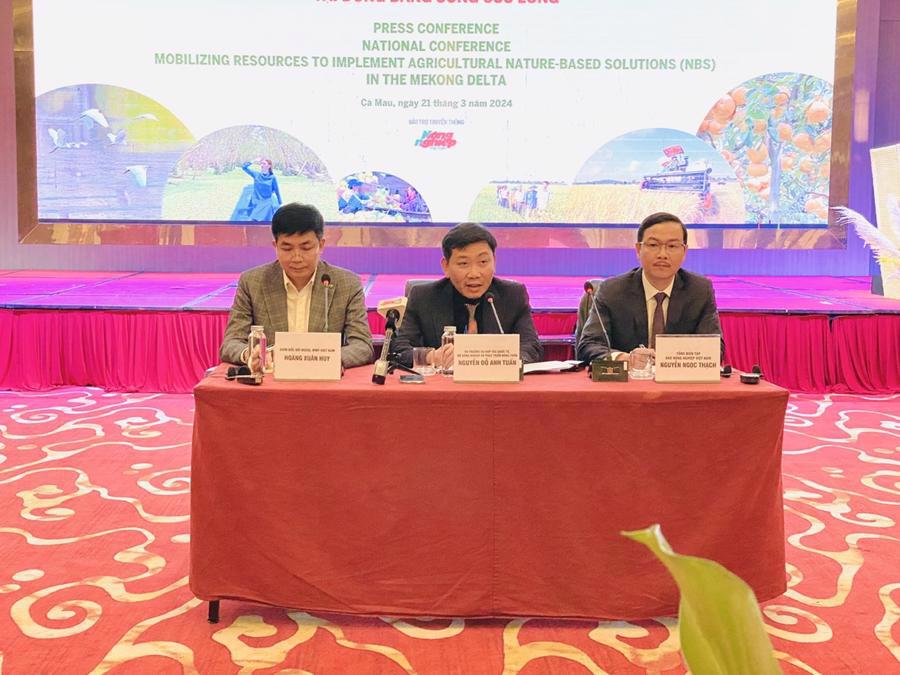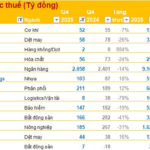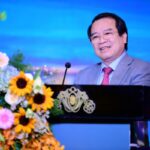The Ministry of Agriculture and Rural Development held a press conference on March 21st, 2024 outlining the outcomes of its national conference on mobilizing resources to implement heaven’s will agricultural solutions in the Mekong Delta.
Guiding Principles
Nguyen Do Anh Tuan, Director of the Department of International Cooperation, emphasized that the conference, attended by approximately 300 delegates, reflects Vietnam’s commitment to the United Nations Framework Convention on Climate Change (COP26 and COP28).
He explained the concept of “Thuan Thien” (heaven’s will) as proactive adaptation to natural cycles that benefit both people and ecosystems – a principle derived from Prime Minister Pham Minh Chinh’s address at COP26 and enshrined with the passage of Resolution 120/NQ-CP on sustainable development of the Mekong Delta.
“Right now, people in the Mekong Delta are facing severe saltwater intrusion,” Mr. Tuan stressed, highlighting the urgency of climate change adaptation.

Outcomes and Commitments
Highlighting the conference’s success, Mr. Tuan noted the renewed optimism within the Mekong Delta, the strengthened global connections, and importantly, significant financial pledges. Investment funds alone have committed an estimated $600 million to support heaven’s will agriculture in the region.
Additional infrastructure support includes the Mekong Delta Climate Resilience and Integrated Transformation Project (MERIT), with approximately $200 million for climate-resilient infrastructure.
The World Bank is preparing a $400-500 million project for high-quality rice production in the Delta, and the Asian Development Bank has pledged $16 million toward mangrove restoration efforts.
Strategic Alignment
Mr. Tuan outlined the Ministry’s strategy for collaboration with international organizations, emphasizing a transparent and inclusive approach that fosters a level playing field and promotes the best possible outcomes for sustainable agricultural projects.
He also acknowledged evolving market standards for low-carbon and environmentally friendly agricultural products. “If you don’t follow, you will be eliminated from the game,” he warned.
Partnership and Scaling Success
Christopher Howe, Director of Mekong Delta Landscape for the World Wildlife Fund (WWF), highlighted the potential of sustainable agriculture but cautioned that income from these models can be initially modest.
He advocated for a strategic approach: “We must build small models, then expand them… develop a special market, heaven’s will products, heaven’s will markets, and heaven’s will consumers.”
WWF is already piloting promising sustainable agriculture models in the Mekong Delta and is committed to sharing its learnings and scaling successful approaches for wider environmental, social, and economic benefit.












